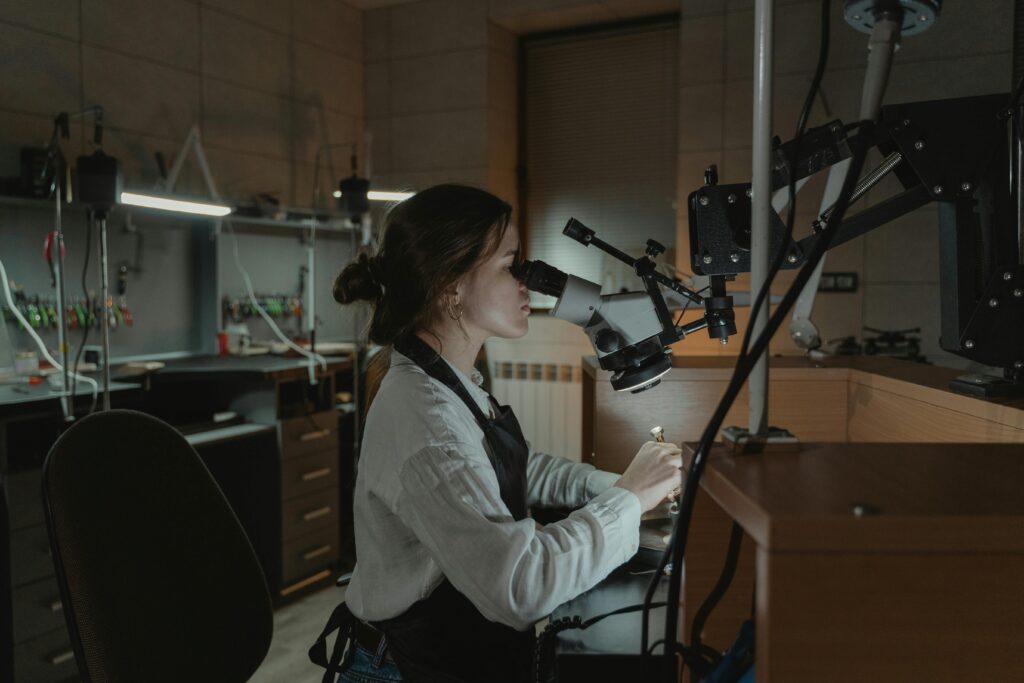The field of forensic science is a critical pillar in the criminal justice system, offering invaluable insights into criminal investigations through the meticulous analysis of evidence. However, like many other scientific disciplines, forensic science is not immune to gender disparities and biases. Female forensic experts, despite their growing numbers and significant contributions, often face unique challenges that can hinder their professional development and overall career satisfaction. In this blog, we will explore these challenges and discuss strategies to overcome them.
- Gender Bias and Stereotyping
One of the most pervasive challenges female forensic experts encounter is gender bias. Despite advancements in gender equality, stereotypes persist, suggesting that women may not be as capable as men in handling the rigors of forensic work. This bias can manifest in various ways, from being underestimated by colleagues and superiors to facing skepticism in the courtroom when presenting evidence.
Overcoming the Challenge: To combat gender bias, it is essential for female forensic experts to continually demonstrate their competence through their work. Building a strong professional reputation based on skill, accuracy, and reliability can help dispel stereotypes. Moreover, female experts should seek out mentors and allies—both male and female—who can provide support, advocate on their behalf, and help them navigate the complexities of gender bias in the workplace.
- Work-Life Balance
The demanding nature of forensic work, which often includes irregular hours, high-stakes cases, and the need for meticulous attention to detail, can make it challenging for female experts to maintain a healthy work-life balance. This is particularly true for those with family responsibilities, as they may struggle to meet both professional and personal obligations.
Overcoming the Challenge: To address work-life balance issues, female forensic experts should prioritize time management and set clear boundaries between work and personal life. Organizations can also play a role by offering flexible work schedules, remote working options, and support for childcare. Additionally, it’s important for women in this field to communicate openly with their employers about their needs and to advocate for policies that promote work-life balance for all employees.
- Lack of Representation in Leadership Roles
While women have made significant strides in entering the forensic science field, they are still underrepresented in leadership positions. This lack of representation can limit opportunities for career advancement and contribute to a feeling of isolation among female professionals.
Overcoming the Challenge: To break the glass ceiling, female forensic experts should actively seek out leadership opportunities and professional development programs that enhance their skills and visibility. Networking with other professionals, joining relevant associations, and participating in conferences can also provide valuable exposure and connections. Additionally, advocating for more inclusive hiring and promotion practices within organizations can help increase female representation in leadership roles.
- Navigating a Male-Dominated Environment
In many forensic science specialties, such as forensic pathology or digital forensics, the environment remains predominantly male. This can create challenges for women, ranging from feelings of isolation to difficulties in gaining the same level of respect and recognition as their male counterparts.
Overcoming the Challenge: Female forensic experts can overcome the challenges of a male-dominated environment by building strong networks of support within and outside their organizations. Mentorship programs that connect women with experienced professionals can provide guidance and encouragement. Additionally, creating or joining women’s groups within the field can offer a sense of community and a platform to address common challenges. It’s also important for women to confidently assert themselves in professional settings, ensuring their voices are heard and their contributions recognized.
- Psychological and Emotional Stress
Forensic work often involves exposure to disturbing evidence and harrowing case details, which can take a psychological toll. Female forensic experts may experience added stress due to the challenges mentioned above, leading to burnout or mental health issues.
Overcoming the Challenge: To manage psychological stress, it is crucial for female forensic experts to prioritize self-care and mental health. Regular debriefing sessions, access to counseling services, and peer support groups can be effective in alleviating stress. Developing healthy coping mechanisms, such as exercise, mindfulness, and hobbies, can also help maintain mental well-being. Employers should foster a workplace culture that acknowledges the emotional demands of forensic work and offers appropriate support to all employees.
Conclusion
The challenges faced by female forensic experts are real but not insurmountable. By recognizing these obstacles and actively working to overcome them, women in forensic science can not only advance their careers but also contribute to a more equitable and inclusive profession. With determination, support, and strategic action, female forensic experts can continue to make groundbreaking contributions to the field while paving the way for future generations.









